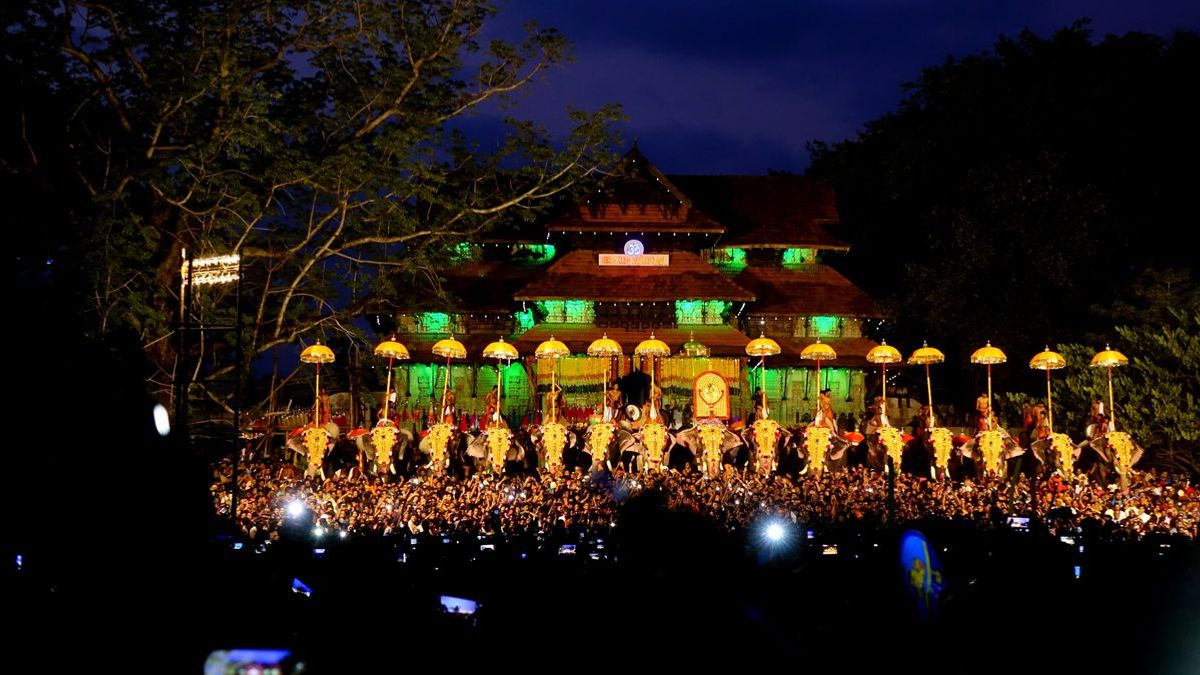US experts regret time lost before N Korea deal
WASHINGTON, Feb 14 (Reuters) Praise in Washington for the deal on North Korea's nuclear program was tempered by regret that it might have been reached years ago -- before Pyongyang tested a weapon and expanded its arsenal to perhaps a dozen nuclear weapons, experts say.
The agreement, reached in six party talks in Beijing yesterday, involved a major US concession. US President George W Bush, with two years left to seal his legacy, had been seeking to defuse tensions on the Korean peninsula as he grappled with crises in Iraq and Iran.
During much of his tenure, Bush had insisted he would settle for nothing less than ''complete, verifiable and irreversible'' dismantlement of Pyongyang's nuclear program.
For a time, the United States said this had to be accomplished before it would even negotiate with North Korea.
''This really is a significant change in administration policy,'' said Gary Samore, vice president and director of studies at the Council on Foreign Relations.
''North Korea had been indicating for some years that it would accept a freeze'' on its plutonium production program and ''that's what this is -- a freeze,'' he said in an interview.
Complete dismantlement is still the goal and the agreement set in motion a process designed to move toward that. But most US officials and experts do not expect it to be achieved in this administration, which ends in January, 2009, if ever.
Future negotiations would be ''very contentious and take an even greater investment of time, energy and creativity than the parties have shown so far,'' said Mitchell Reiss, former senior adviser to then-Secretary of State Colin Powell.
MAJOR HURDLES Major hurdles include persuading the North to abandon uranium enrichment activities which Washington asserts it is carrying out, he said.
Another big challenge will be to set up international inspections to verify that the world's most secretive country is meeting its commitments, said Reiss, now vice provost for international affairs at the College of William and Mary.
In fundamental ways, the deal returns to the ''Agreed Framework'' for halting Pyongyang's nuclear program that the Clinton administration reached with North Korea in 1994, but which Bush and key aides disparaged on taking office.
That deal, which also included promises of energy supplies in return for North Korean compliance, collapsed in 2002.
Bush and his advisers, who took over in 2001, didn't trust Pyongyang to keep a bargain and some hoped to pressure the isolated communist state so much that it would collapse.
So why the change? Bush ''needed a good news story,'' said one disgruntled administration partisan.
Many hard-liners reacted with alarm to the new deal, saying it rewarded Pyongyang for testing and set a bad precedent for efforts to stop Iran and states developing nuclear programs.
North Korea agreed to freeze the Yongbyon reactor at the heart of its nuclear program and allow international inspection of the site in return for some 300 million dollar worth of aid.
The agreement, managed directly by Secretary of State Condoleezza Rice and chief US envoy Chris Hill, was negotiated without input from senior US non-proliferation officials and a key term -- North Korea's promise to ''disable'' Yongbyon -- was ill-defined, critics said.
For now, Pyongyang, which said it carried out its first nuclear weapons test last October, can keep its nuclear weapons and does not have to reveal the capability or location of the suspected uranium enrichment program.
Freezing Yongbyon may not be much sacrifice. Experts say the reactor may be nearing the end of its useful life and may have to be decommissioned anyway.
''It would have been preferable to secure more dramatic action towards a verifiable dismantlement of North Korea's weapons more quickly but the perfect should not be the enemy of the necessary,'' said Daryl Kimball, executive director of the non-profit Arms Control Association.
''The real shortcoming of this deal is that it wasn't struck sooner ... We're getting back essentially to the situation we were in 2002. Time has been lost and North Korea's nuclear and missile program has advanced,'' he said.
David
Straub,
a
former
US
official
who
dealt
with
Pyongyang,
said
the
agreement
was
a
small
step
but
if
it
failed,
''we
will
have
demonstrated
a
responsible
approach
that
should
make
the
other
parties
more
willing
to
work
with
us
to
try
to
limit
and
manage
the
challenges
posed
by
North
Korea.''
Reuters
AD
VP0520


 Click it and Unblock the Notifications
Click it and Unblock the Notifications




